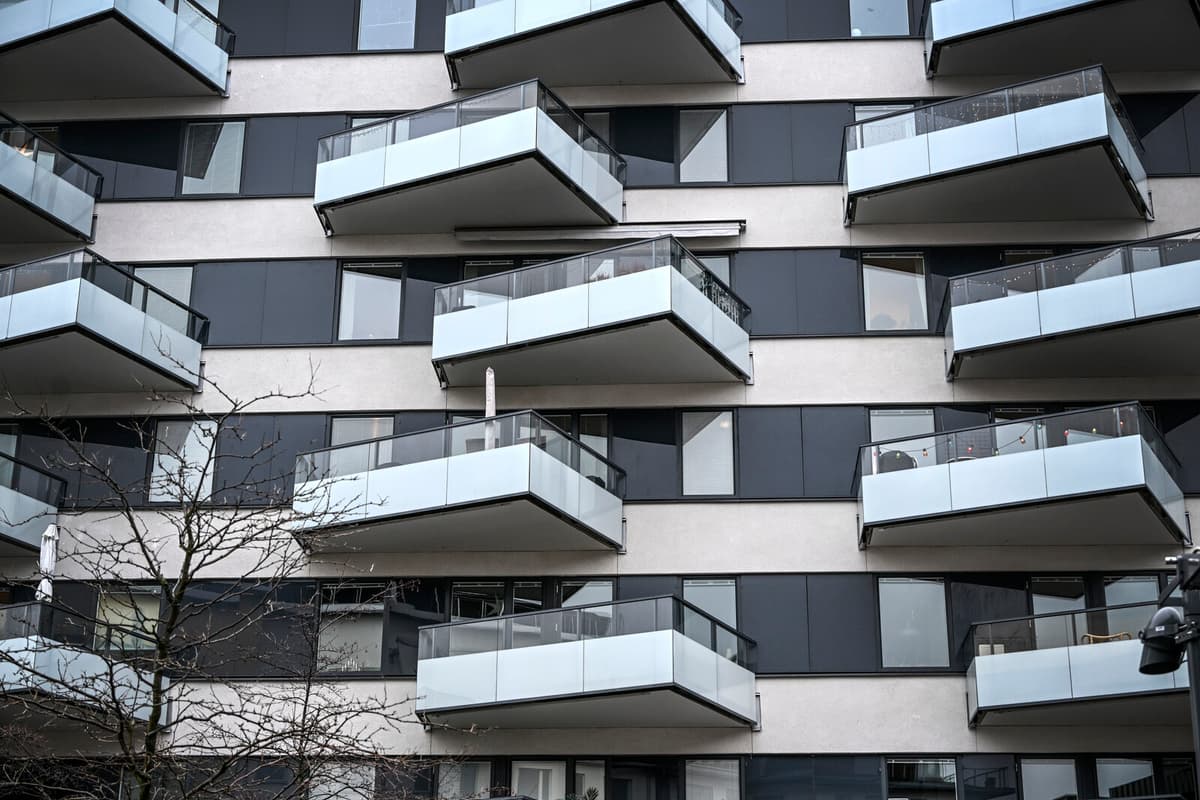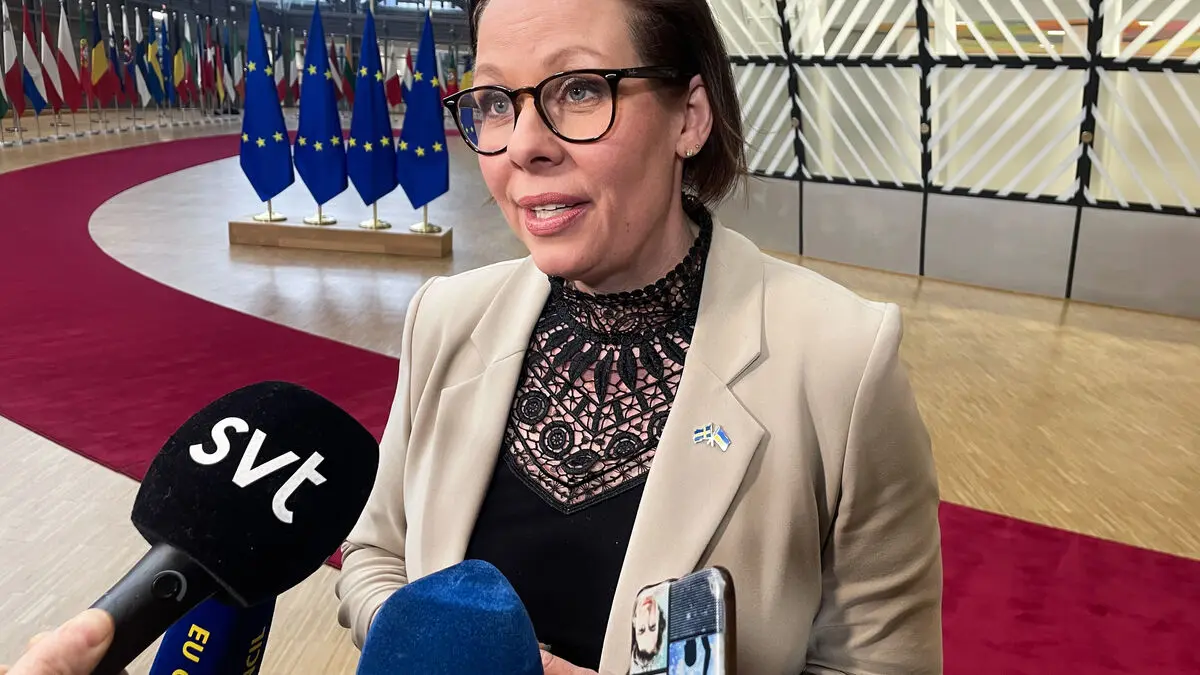Many things have become more expensive in recent years, which has led housing associations to significantly increase fees to balance the budget. Even in 2025, there will be increases.
Among the 650 housing associations managed by HSB Stockholm, the average increase is 6 percent among the associations that choose to raise the fee. In Gothenburg and Malmö, the increase is 5 percent.
The increases are overall lower than last year, when, for example, Stockholm raised by 10 percent.
The fee increases feel low, says Johan Lindén, head of strategic management at HSB.
"Breathing a sigh of relief"
And it's not just HSB that sees lower increases than before. The property manager SBC, which has 4,600 associations, believes that the increases being made are too low.
Among the 2,700 housing associations managed by Nabo, 26 percent choose to raise the fee. There, the average increase is 6.7 percent, which is lower than the last two years.
Associations see an improved interest rate situation ahead, so they're breathing a sigh of relief. But it's a bit too early, we think, since savings are still very low in the associations, says Jonas Gustavsson, chief economist at Nabo.
Both Nabo and HSB believe that the cost pressure on housing associations will continue to be high and therefore require fee increases that match those costs.
You should raise every year if you haven't managed to reduce your costs. I don't think many associations have magically managed to reduce their costs when we have the cost increases we have, says Johan Lindén.
Thinking short-term
Heading into 2025, many housing associations are also choosing not to touch the fee. According to the industry organization Fastighetsägarna, this was already noticed last year.
The reason was that they wanted to wait for likely interest rate cuts in 2024. Now, during the budget work for 2025, we see the same type of trend, says Fastighetsägarna's housing expert Mathias Ringberger.
All parties agree that the associations are doing well overall, but they are worried about the "short-sightedness" when it comes to the economy.
It's not that housing associations are running large deficits, but savings are becoming too low when you don't raise in line with cost increases. In the long run, this will have consequences, so it's important to break the trend, says Johan Lindén.






